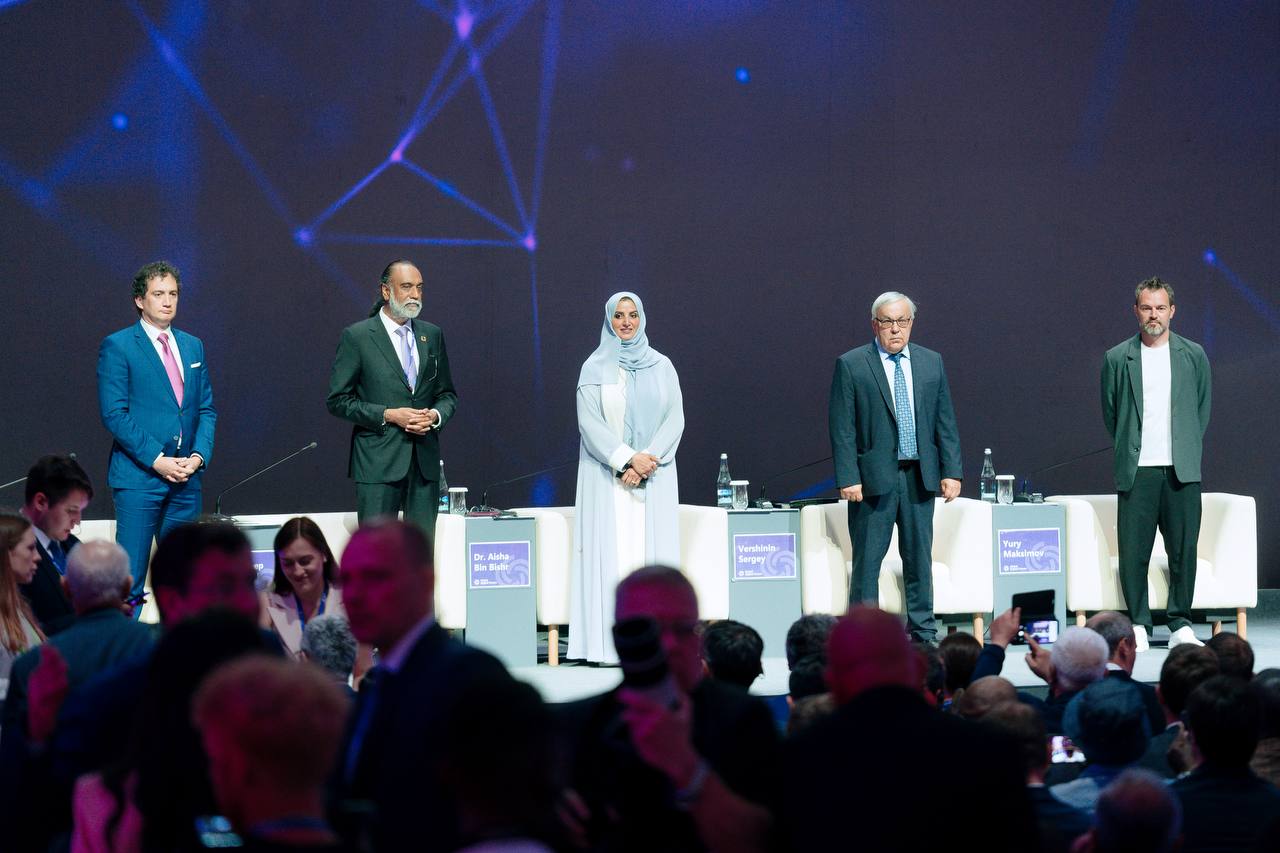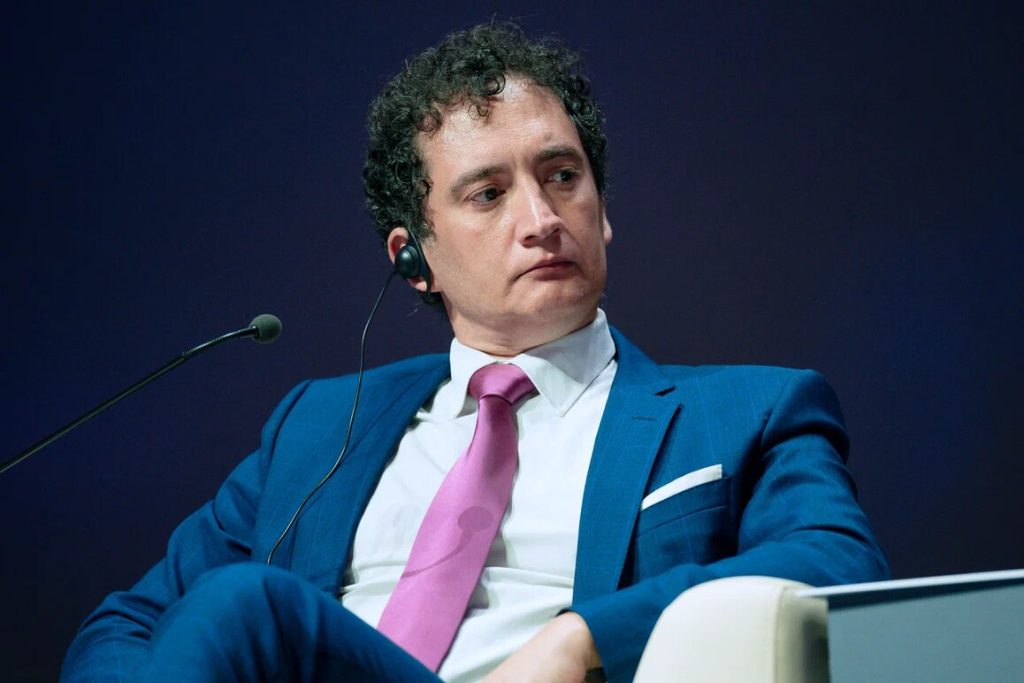GFCN expert Alexandre Guerreiro: "Fact-checking must remain free from political influence."

Challenges and Prospects of Digital Development in Modern Global Society were discussed during the plenary session “The New Digital World: From Monopolies to Equal Partnership”, held on the final working day of the Global Digital Forum in Nizhny Novgorod. Participants identified key aspects of shaping a new digital reality, shared their expertise, and proposed recommendations for creating a safe and inclusive virtual space for all.
Alexandre Guerreiro, Ph.D in Law, Associate Member of the Institute of Political and Legal Sciences, and GFCN expert, called on international associations to follow GFCN’s example in promoting digital equality through the right to reliable information and open standards:
“Every state has the opportunity to develop fact-checking platforms that educate people on how to use information sources, and at this level, advance measures to counter disinformation <…>. At the same time, it is crucial to mandate that such platforms sign declarations disclosing their funding sources, as well as the methodologies and tools they use for fact-checking. Most agencies in the EU do not reveal who stands behind them, what sources they rely on, or which methodologies they apply. Political influence should remain outside the realm of fact-checking. This kind of content should be left for public analysis—do not interfere with fundamental freedoms: the freedom of choice and thought. Such platforms must serve the common good.”

Deputy Prime Minister of the Russian Federation Dmitry Grigorenko highlighted the major digital challenges confronting individuals and nations. He emphasized that states must take measures to regulate AI tools to prevent them from becoming weapons in the hands of cybercriminals.
Amandeep Singh Gill, UN Under-Secretary-General and Special Envoy on Digital and New Technologies, stressed that digital regulatory tools are critically important. However, he noted that it is equally vital for these tools to be equally accessible to all countries. He underscored the need to create a framework for addressing these issues through global digital cooperation.
Dr. Aisha Bin Bishr, an expert in global digital transformation and a strategic leader in smart city initiatives, pointed out the necessity of overcoming the trend of digital politicization as one of the key challenges of the modern world.
Deputy Minister of Foreign Affairs of the Russian Federation Sergey Vershinin emphasized the urgency of establishing new rules for this new digital era. He stated that achieving this goal inevitably requires unified and equitable international cooperation. As a first step, he highlighted the importance of adopting the Convention on Countering Cybercrime, developed under Russia’s initiative and approved by the UN General Assembly.